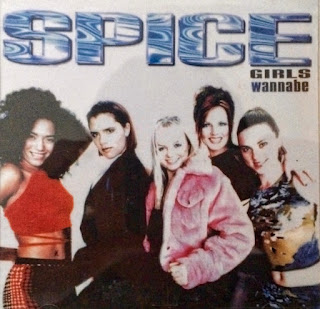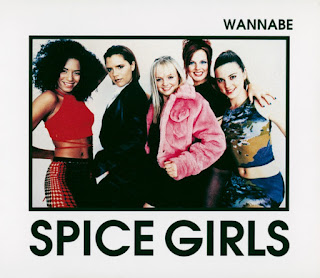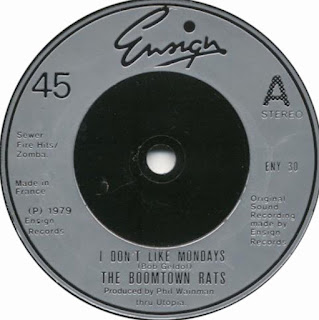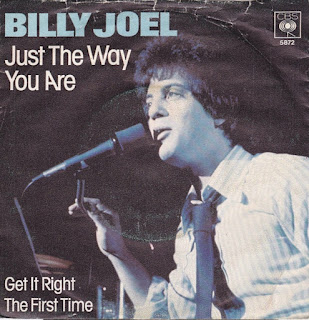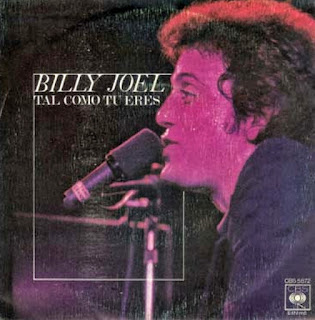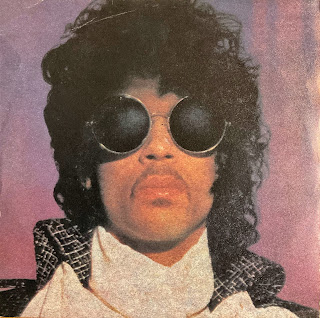SPICE GIRLS - WANNABE
Publicació: 26 de juny de 1996 (Regne Unit) Gener de 1997 (EUA)
Llistes: EUA: #1. Regne Unit: #1
Aquest va ser el primer senzill de les Spice Girls. Va ser un èxit enorme i immediat, ja que el seu missatge de "Girl Power" i les personalitats peculiars de les integrants del grup, acompanyat del ritme enganxós de la cançó va captivar el públic de tot el món.
La cançó va ser escrita per Richard "Biff" Stannard i el seu col·laborador musical Matt Rowe amb l'ajuda de les membres del grup, que van rebre crèdits d'escriptores. Stannard havia escrit la cançó "Steam" per a una banda de nois anomenada East 17, i després d'una trobada casual amb Mel B., va ser contractat per a escriure algunes cançons per a les Spice Girls, que estaven perfeccionant la seva posta a punt. Al llarg de deu dies, ell i Rowe van escriure tant "Wannabe" com l'eventual tercer senzill del grup, "2 become 1". Stannard va dir que gairebé totes les hores d'aquells deu dies es van dedicar a treballar en les cançons; va explicar a Pink News: "Vam escriure 'Wannabe' amb força rapidesa, però vam trigar una eternitat a aconseguir que sonés bé. El gran final de la pel·lícula Grease, on John Travolta fa uns grans moviments de ball en un ambient de festa de carnaval, va ser una inspiració per a aquesta cançó. Stannard diu que estaven parlant d'aquesta escena quan van començar a escriure la cançó, i es van basar en aquesta vibració amb Matt Rowe afegint acords a un ritme que Stannard tenia en una caixa de ritmes MPC. Recordo que em vaig despertar al pis de l'estudi amb aquest post-it de Matt dient: 'clica play'. Finalment ho havíem aconseguit, així que va ser sort i molt d’esforç”.
La lletra, que aborda el valor de l'amistat femenina sobre les relacions heterosexuals, es va convertir en un símbol de l'empoderament femení i la cançó més emblemàtica de la filosofia Girl Power del grup. Les cinc Spice Girls van ajudar a escriure la lletra i elaborar la cançó. Pel que fa a la seva contribució, Richard Stannard va dir: "Érem set asseguts a terra en aquesta petita habitació. Matt Rowe i jo afegim la pista de fons i comencem amb ritmes; cadascú tenia el seu paper; Geri sempre es concentrava en el tema i tots els altres intervindrien amb melodies i lletres". La línia "Friendship never ends" (l'amistat mai s'acaba) es va convertir en un credo per a les Spice Girls. Per exemple, van utilitzar aquesta frase en un comunicat de premsa quan Ginger Spice va deixar el grup.
Les Spice Girls es van formar com una alternativa femenina a les bandes de nois (Boy Band), que eren molt populars en aquell moment al Regne Unit. Van passar anys desenvolupant el seu paper i cultivant la seva imatge; quan es va publicar aquesta cançó, ja havien fet moltes aparicions als mitjans i estaven preparades per al gran moment.
Quan "Wannabe" es va estrenar al Regne Unit va superar fins i tot les expectatives més altes, arribant al número 1 el 27 de juliol, on va romandre durant set setmanes. Tot seguit va venir l’èxit global, a gener de 1997 la cançó va ser llançada als EUA i al febrer va arribar al número 1. Va encapçalar les llistes d'almenys 10 països més. El “Girl Power” era un fet.
Un "Wannabe" és una persona que aspira a ser una altra persona, generalment una celebritat, i la imita. La frase té molt poc a veure amb la cançó, però fa un títol enganxós per a una cançó d’èxit.
Al febrer de 1997, “Wannabe” va guanyar el Brit Award a la millor cançó. A més, el seu èxit posterior, "Say you’ll be there" va guanyar el millor vídeo. Aquest és el single més venut d'un grup totalment integrat per dones a tot el món.
SPICE GIRLS - WANNABE
Released: June 26, 1996 (UK) January 1997 (US)
Charted: US: #1. UK: #1
This was the Spice Girls first single. It was a huge and immediate hit, as their message of "Girl Power" and quirky personalities went along with the catchy beat and intrigued audiences around the world.
The song was written by Richard "Biff" Stannard and his musical collaborator Matt Rowe with assistance from the group members, who all received writers credits. Stannard had written the song "Steam" for a boy band called East 17, and after a chance encounter with Mel B., he was invited to write some songs for the Spice Girls, which was honing their act. Over the course of 10 days, he and Rowe wrote both "Wannabe" and the group's eventual third single, "2 become 1". Stannard said that pretty much every waking hour of those 10 days was spent working on the songs; he explained to Pink News: "We wrote 'Wannabe' quite quickly, but it took ages to get it to sound right. I remember waking up on the studio floor with this post-it from Matt saying, 'Press play.' We'd finally got it. So it was luck and hard work”.
The big finish in the movie Grease, where John Travolta breaks out some great dance moves in a party carnival setting, was an inspiration for this song. Stannard says they were talking about that scene when they started to write the song, and they built on that vibe with Matt Rowe adding chords to a beat Stannard had on an MPC drum machine.
The lyrics, which address the value of female friendship over heterosexual relationships, became a symbol of female empowerment and the most emblematic song of the group's Girl Power philosophy. The five Spice Girls helped come up with the words and craft the song. Regarding their contribution, Richard Stannard said: "There were seven of us sitting on the floor in this tiny room. Matt Rowe and I would add the backing track and start with rhythms; everyone had their role; Geri was always concentrating on the theme and all the others would chip in with melodies and lyrics." The line "Friendship never ends" became a credo for the Spice Girls. They used the phrase in a press release when Ginger Spice left the group.
The Spice Girls were formed as a female alternative to boy bands, which were big at the time in the UK. They spent years developing their act and cultivating their image; by the time this song was released, they had already made many media appearances and were ready for the big time.
When "Wannabe" was released in the UK it blew past even the loftiest of expectations, reaching #1 on July 27, where it stayed for seven weeks. Global domination followed, in January 1997 the song was released in the US and in February it went to #1. It topped the charts in at least 10 other countries, including Australia, Canada, Israel, Netherlands, Norway, Sweden, and Switzerland.
A "Wannabe" is a person who aspires to be someone else, generally a celebrity, and imitates that person. The phrase has very little to do with the song, but makes a catchy title..
In February of 1997, this song won a Brit Award for Best Song. In addition, their follow-up hit, "Say you’ll be there" won for Best Video. Worldwide, this is the best-selling single by an all-female group.

